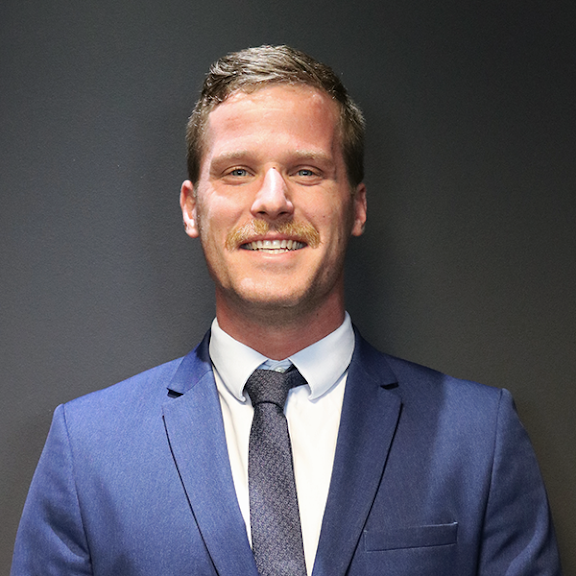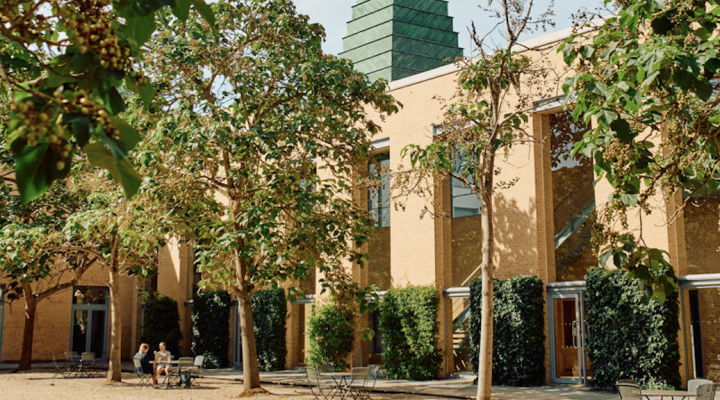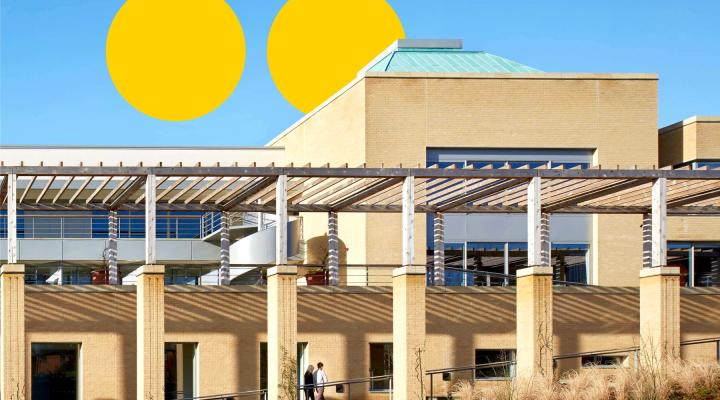Hilary term has come and gone, and with it a whole host of memories that culminate in the halfway point of our MBA programme. Arriving back in Oxford just after New Years, there was no time to settle in slowly this time, with the novelty of the town and our classmates now a daily routine. This familiarity was equally met with its own excitement, be it the lead up to the Varsity Match at Twickenham, or the yet to be traversed content of our core modules and electives, the latter of which was sure to cause a few headaches over the next few months.
This term’s focus was expanding upon the strong foundations we laid ourselves in the previous months, as well as move one step closer to our desired career tracks, be it in finance, entrepreneurship, climate, or tech, to name a few. In conjunction with these classes was the Global Opportunities and Threats Oxford assignment, or GOTO for short. This year, GOTO looked at some of the most complex issues facing our world today, and tasked teams with coming up with unique ideas that look beyond the scope of normal problem-solving and apply a 'systems thinking' approach. Easy enough? I thought so too.
What we learned over the coming weeks was that wicked problems require wicked solutions, and all of which entail an intricate web of stakeholders from consumers and companies to governments and regulators. Although it is probably too much to ask a bunch of MBAs to go and solve the climate crisis, the outcome was not as valuable as the journey it took to arrive there.
Over our lives, we develop a sense of how the world works and the complex relationships that define how a society operates. Specialisation in one’s desired field requires a razor-sharp attention to detail, and generally, most people operate for long periods in this confined space with their defined set of rules. What GOTO then accomplishes, is to take a step back and not observe everything as distinct silos of activity or information, but to treat all these individually complex agents as components of a larger system. What is of most value, to the individual or organization, is to identify where in this environment they operate, if this system can facilitate a more sustainable future, and if it can be re-engineered to benefit all stakeholders.
I guess this leads to the obvious question – did anyone manage to solve any of the complex problems presented to us? Was a solution even possible? In my opinion, the sheer scale of the assignment means it is too hard to tell. But who knows, maybe in years to come, we can look back on these last few months with a smile, knowing that these ambitious ideas were the first step to something greater.





